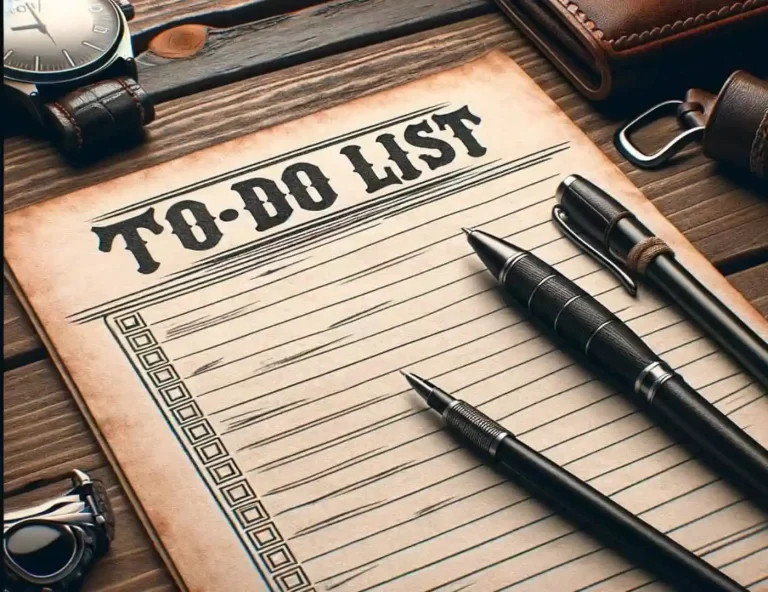Why Your Credit Score Matters (and How to Master It Without the Stress)
You walk into the dealership excited.
You’ve done the research. You found the car. You even saved up for a down payment. Everything feels like it’s finally lining up—until the sales rep pulls your credit. They pause, look at the screen, and then look back at you with a hesitant tone: “So, there’s a few things on here…”
Your stomach drops. You didn’t see this coming. You thought your credit was fine. But now, the interest rate is sky-high—or worse—you’re not approved at all. And just like that, the plan falls apart. Not because you didn’t try. But because you didn’t know.
If You Don’t Know Your Score, You’re Risking More Than You Think
Your credit score isn’t just a number—it’s your financial reputation.
It determines how much house you can buy, what car you can drive, where you can live, and how much extra you’ll pay for all of it.
And the worst part? Most people don’t think about their credit score until they need it—by then, it’s too late to fix it on the spot.
When you don’t check your credit regularly:
- You could have errors dragging down your score
- You might have old debts you forgot about
- You could be a victim of fraud and not even know
- You’re basically letting strangers decide your access—and you’re not even in the room
What Is a Credit Score?
Your credit score is a 3-digit number that shows how trustworthy you are with borrowed money. It ranges from 300 to 850. The higher your score, the better deals you get.
Here’s what it affects:
- Mortgage approvals & interest rates
- Apartment applications
- Car loans
- Credit cards
- Insurance rates
- Even some jobs
How to Check Your Credit Score & Report for Free
- Visit AnnualCreditReport.com —This is the official site to check your full credit report (from Experian, Equifax, and TransUnion) for free. You can now access it weekly.
- Check your credit score through:
- Your bank or credit card app (most offer it free)
- Credit Karma or Mint (use these for monitoring, not for your full report)
Tips to Maintain (or Improve) a Great Credit Score
- Pay your bills on time—always
Payment history is the biggest factor (35%). Automate it if you have to. - Keep credit utilization low
Don’t max out your cards. Aim to use less than 30% of your available credit. - Keep old accounts open
Length of credit history matters. Don’t close your oldest cards unless absolutely necessary. - Limit hard inquiries
Applying for new credit too often can lower your score temporarily. - Dispute any errors
Check your report for mistakes and report them ASAP. One wrong mark can cost you points. - Use a credit-builder loan or secured card
If you’re starting from scratch or rebuilding, these can help you establish positive credit habits. - Mix it up—but wisely
Having different types of credit (loans, credit cards, etc.) can help your score—just don’t open accounts you don’t need.
Before You Say, “I’ll Worry About That Later…”
Remember, credit score like a reputation—it speaks for you before you even enter the room. You don’t see it every day, but banks, landlords, and lenders do. And when opportunity knocks, your credit score decides if the door opens—or stays locked.
Don’t wait for a “we need to run a credit check” moment to realize it matters.
Check it. Protect it. Build it like your future depends on it—because it does.
Your credit doesn’t define your worth, but it does shape your options. And you deserve options that lead to opportunities.
Notes
“A good name is more desirable than great riches; to be esteemed is better than silver or gold.” – Proverbs 22:1 (NIV)







